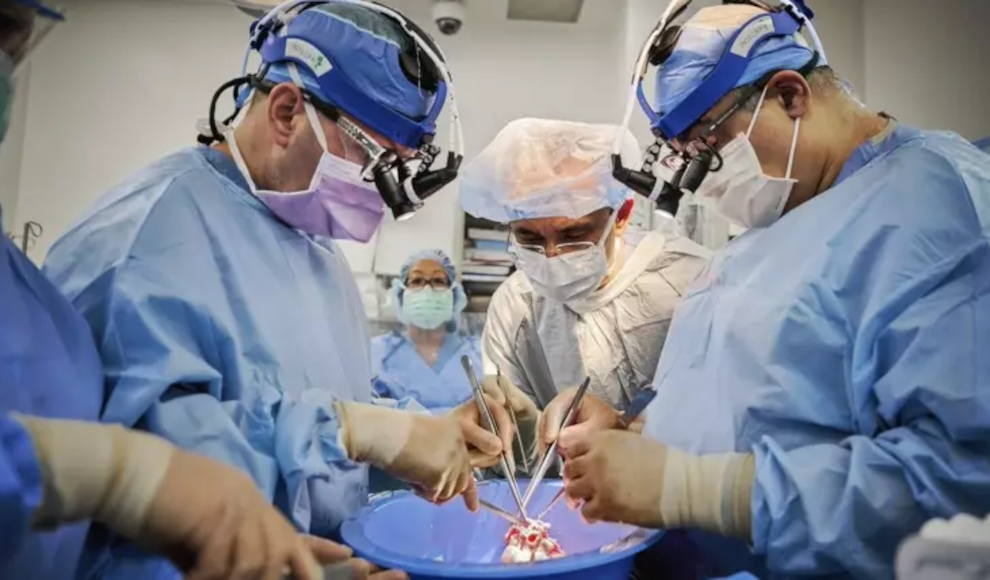In a groundbreaking medical achievement, two brain-dead individuals have successfully received genetically modified pig hearts through xenotransplantation. With a significant shortage of donor organs in most countries, xenotransplantation has been researched for years as a potential solution to meet the demand for organ transplants. In January 2022, the University of Maryland School of Medicine (UMSOM) performed the first-ever transplant of a genetically modified pig heart into a living human, but the patient died two months later due to a virus. Now, the New York University (NYU) has conducted xenotransplantations with pig hearts on two brain-dead individuals, using only regular transplantation medicine to practice the technique for future clinical use.
Xenotransplantation involves transplanting animal organs into humans, and it has been studied for years as a potential solution to the shortage of donor organs. In January 2022, the UMSOM performed the first-ever transplant of a genetically modified pig heart into a living human, but the patient died two months later due to a virus. Now, the NYU has conducted xenotransplantations with pig hearts on two brain-dead individuals, using only regular transplantation medicine to practice the technique for future clinical use. The goal of the experimental operations was to integrate xenotransplantation into regular heart transplants, using non-human organs. The pig hearts used in the operations had ten genetic modifications, including the expression of human proteins and the deactivation of four specific pig genes to prevent organ rejection.
The successful xenotransplantations are a significant step towards a new source of donor organs, according to Alex Reyentovich, the medical director for heart transplants at NYU. The scientists aim to develop a deep understanding of the mechanical, molecular, and immunological processes involved in xenoheart transplantation and determine if it is possible to use standard medical practices and tools. While the operations were successful, the long-term effects of xenotransplantation on the human body are still unknown. Nonetheless, the breakthrough offers hope for the millions of people worldwide who are waiting for a life-saving organ transplant.










